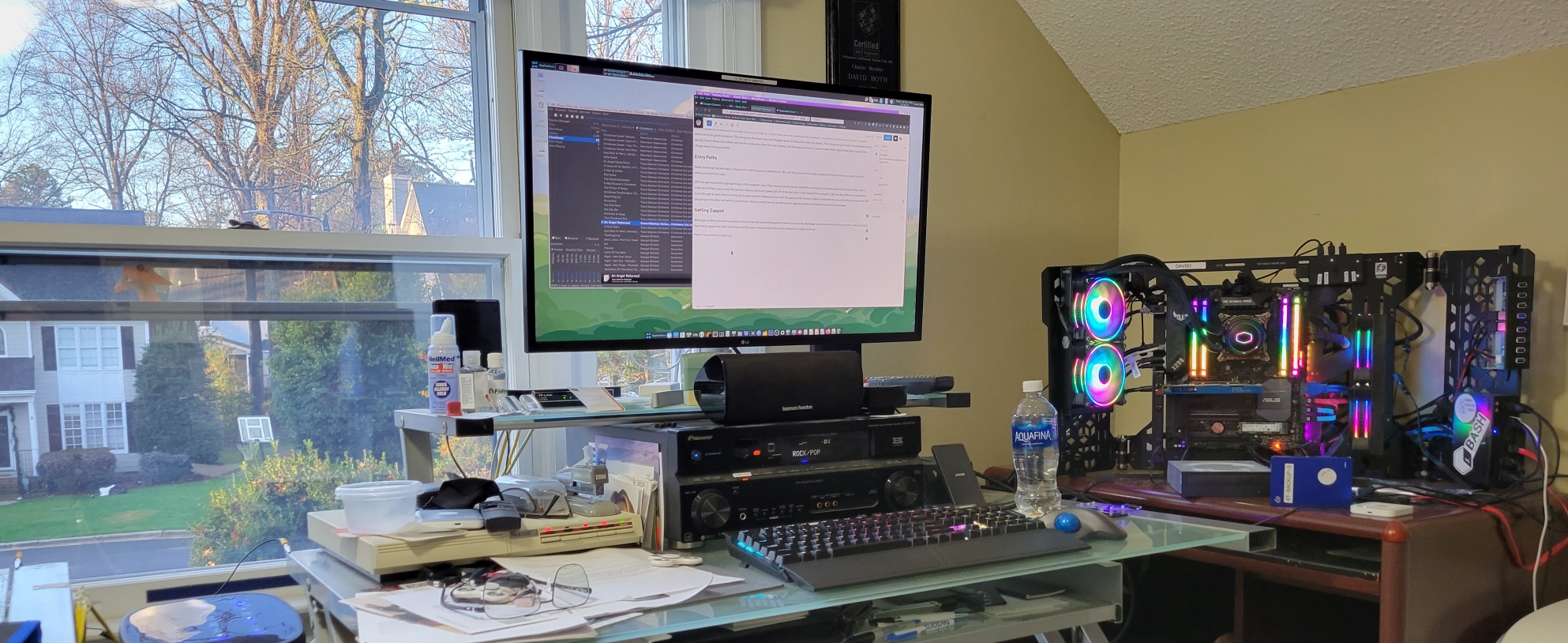Information is the key to resolving any computer problem, including problems with or relating to Linux. For this reason it is important to know how to obtain as much information as possible about the Linux environment on a computer system that is having problems.
There are many tools available for and included with most distributions even though they are not all installed by default. These tools can be used to obtain huge amounts of information. This section discusses the tools that are provided with or which can be easily installed on Red Hat related distributions including Red Hat Enterprise Linux, Fedora, CentOS, and other derivative distributions. It will not cover tools that are not part of the distribution or which are not available from the officially supported YUM repositories.
All of the tools covered here are command line interface (CLI) tools. Although there are GUI tools available, and they offer good information, the CLI tools provide all of the same information and they are always available. Many servers do not have a GUI interface but all Linux systems have a command line interface.
The main tools available are system monitoring tools. They each monitor differing and various key aspects of the resources available to Linux systems. For the most general tools, this includes CPU, memory and disk usage. They also list running processes and the resources used by each. Other tools are more specialized and deal only with memory, disk usage, CPU usage, Input/Output (I/O) usage, and network usage.
I will not try to cover all of the tools that are available. In part because there are likely many I have never heard of. I will concentrate on the tools that I typically use.
If you are looking for a very long – but still incomplete – list of tools, check out the article 80 Linux Monitoring Tools for SysAdmins.
